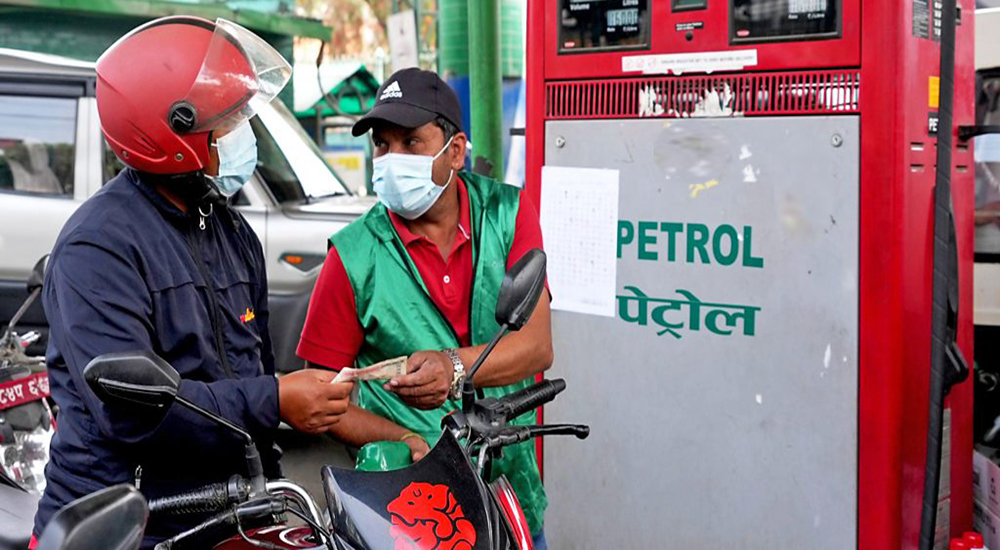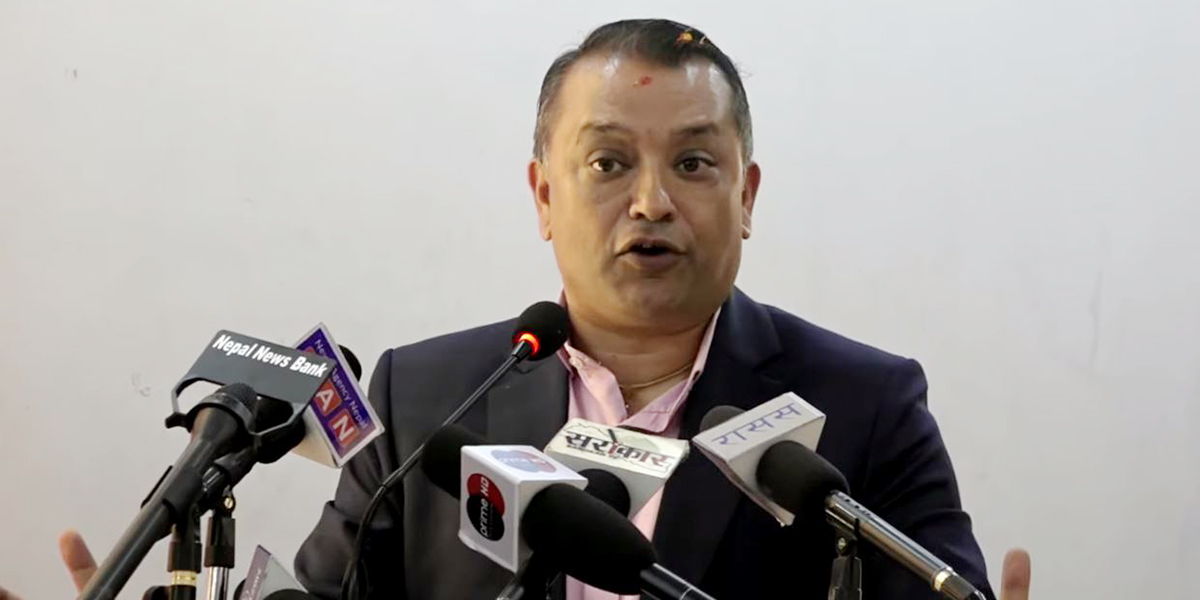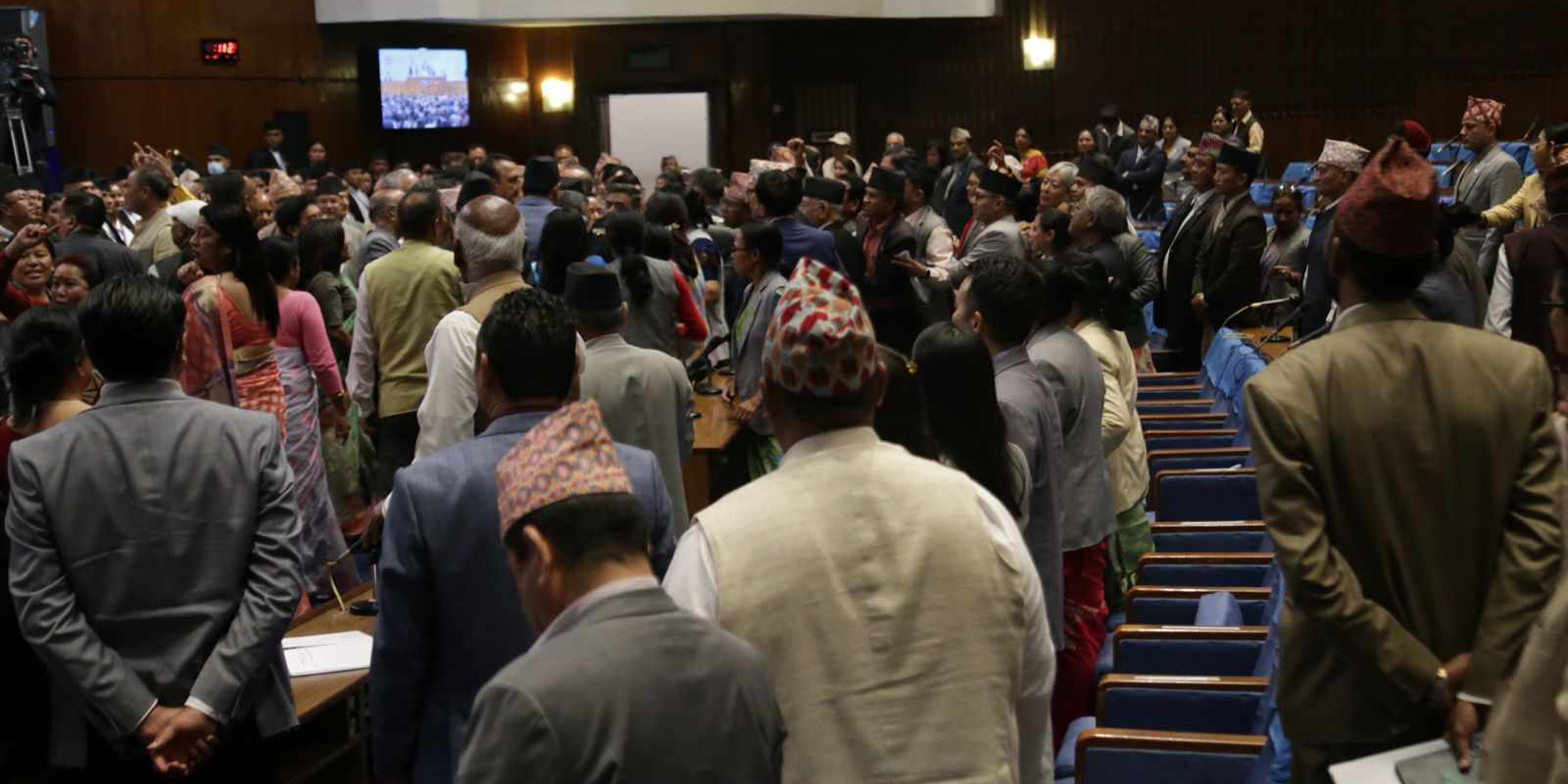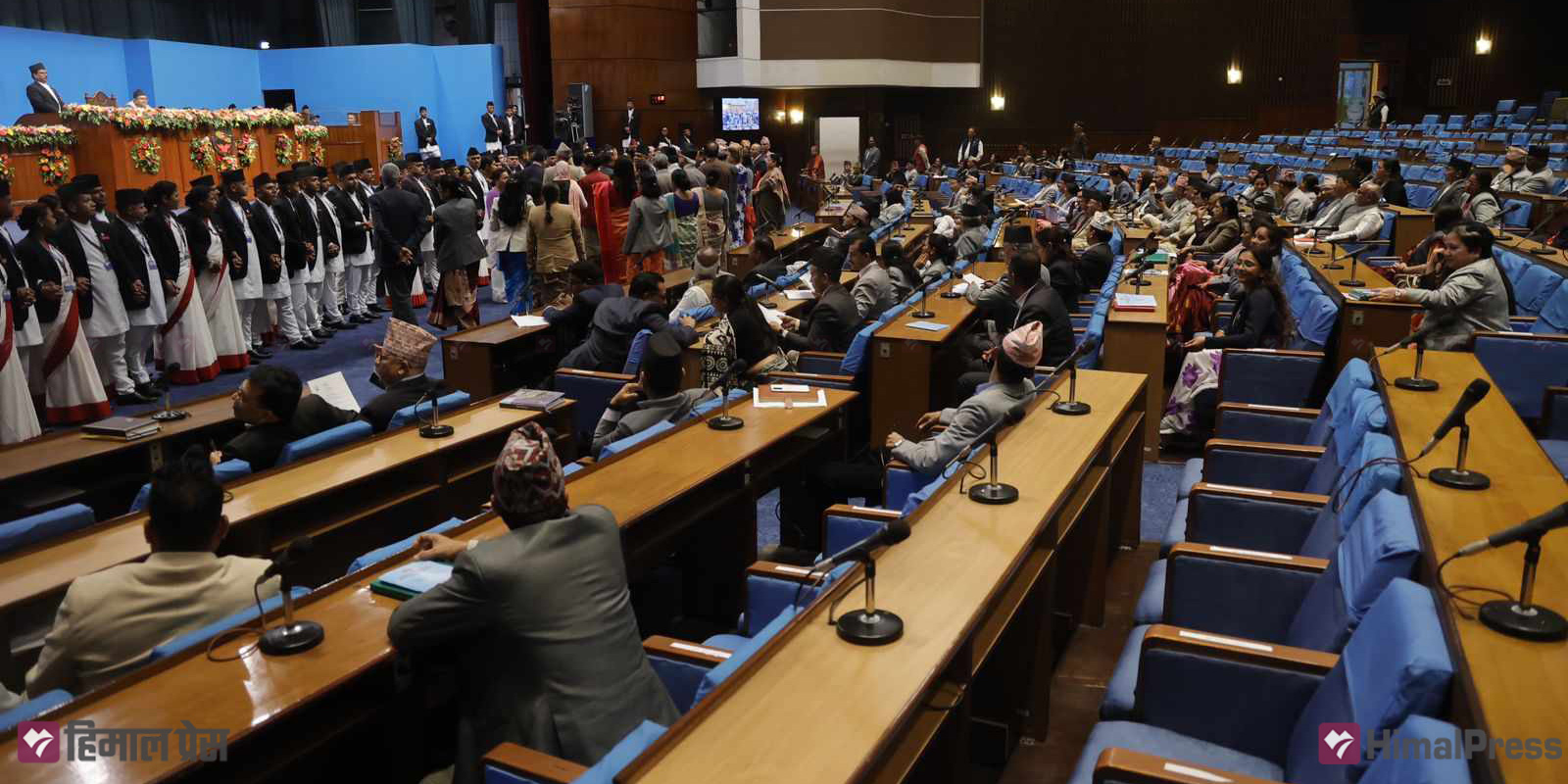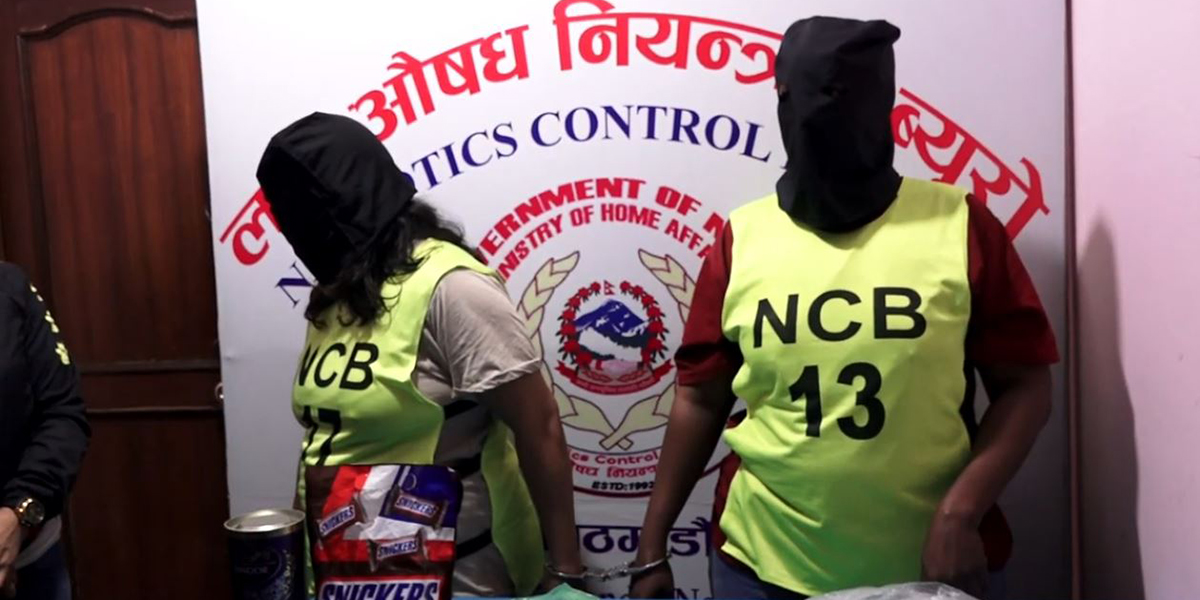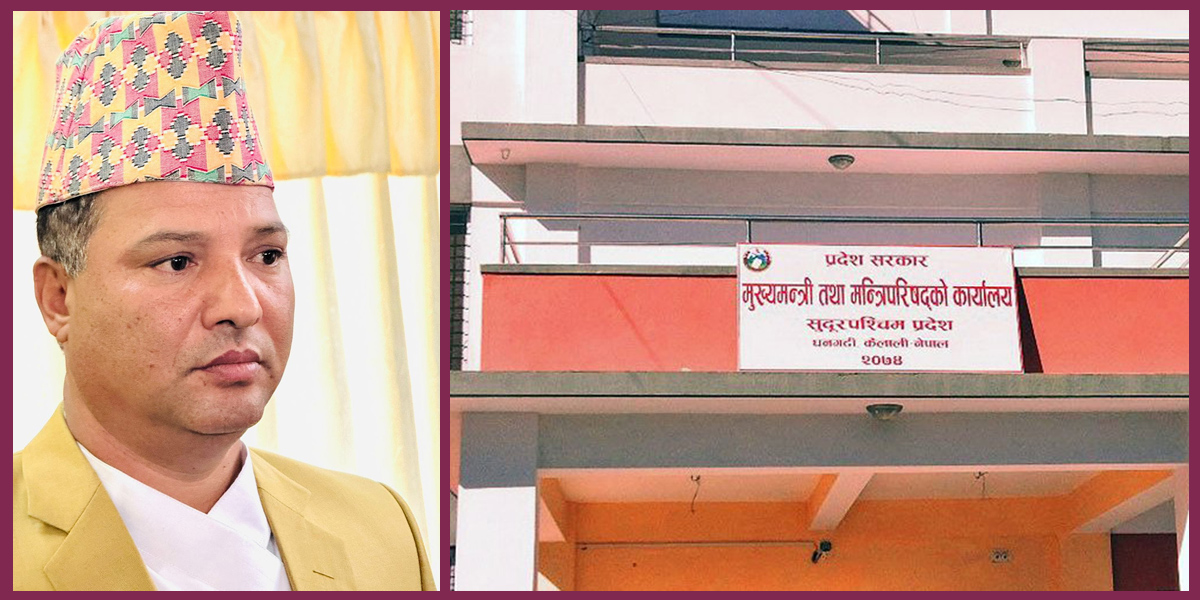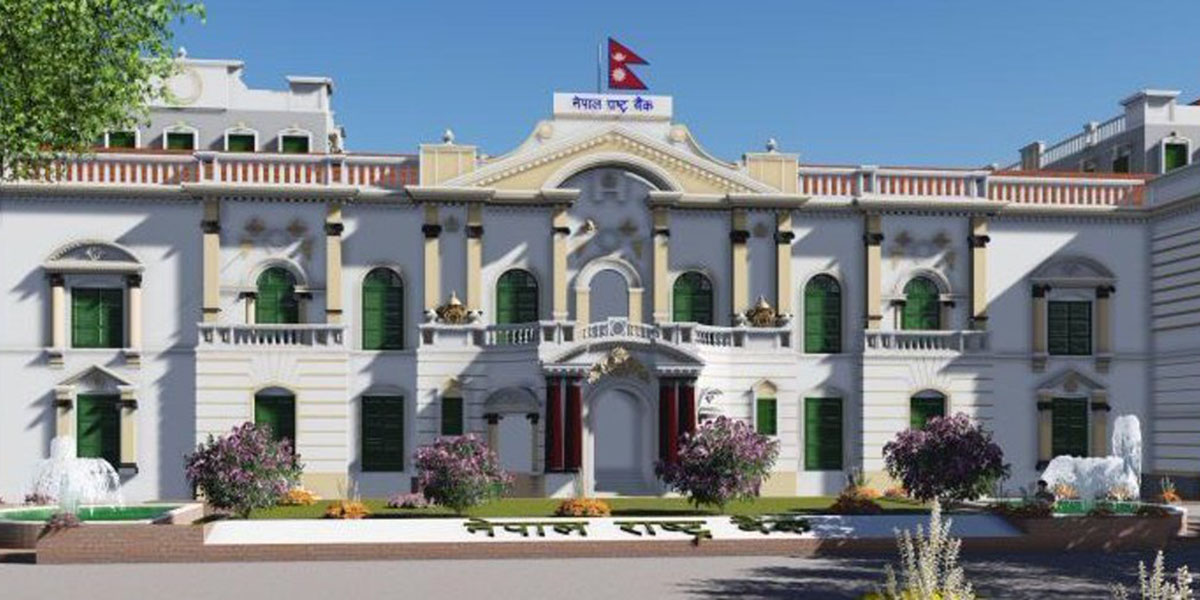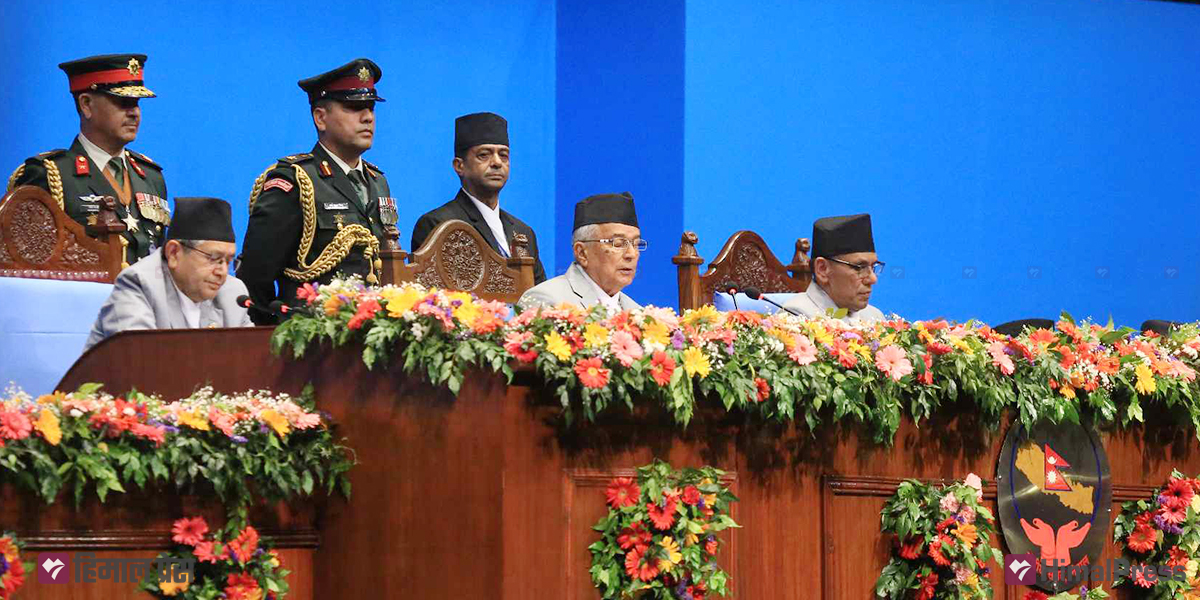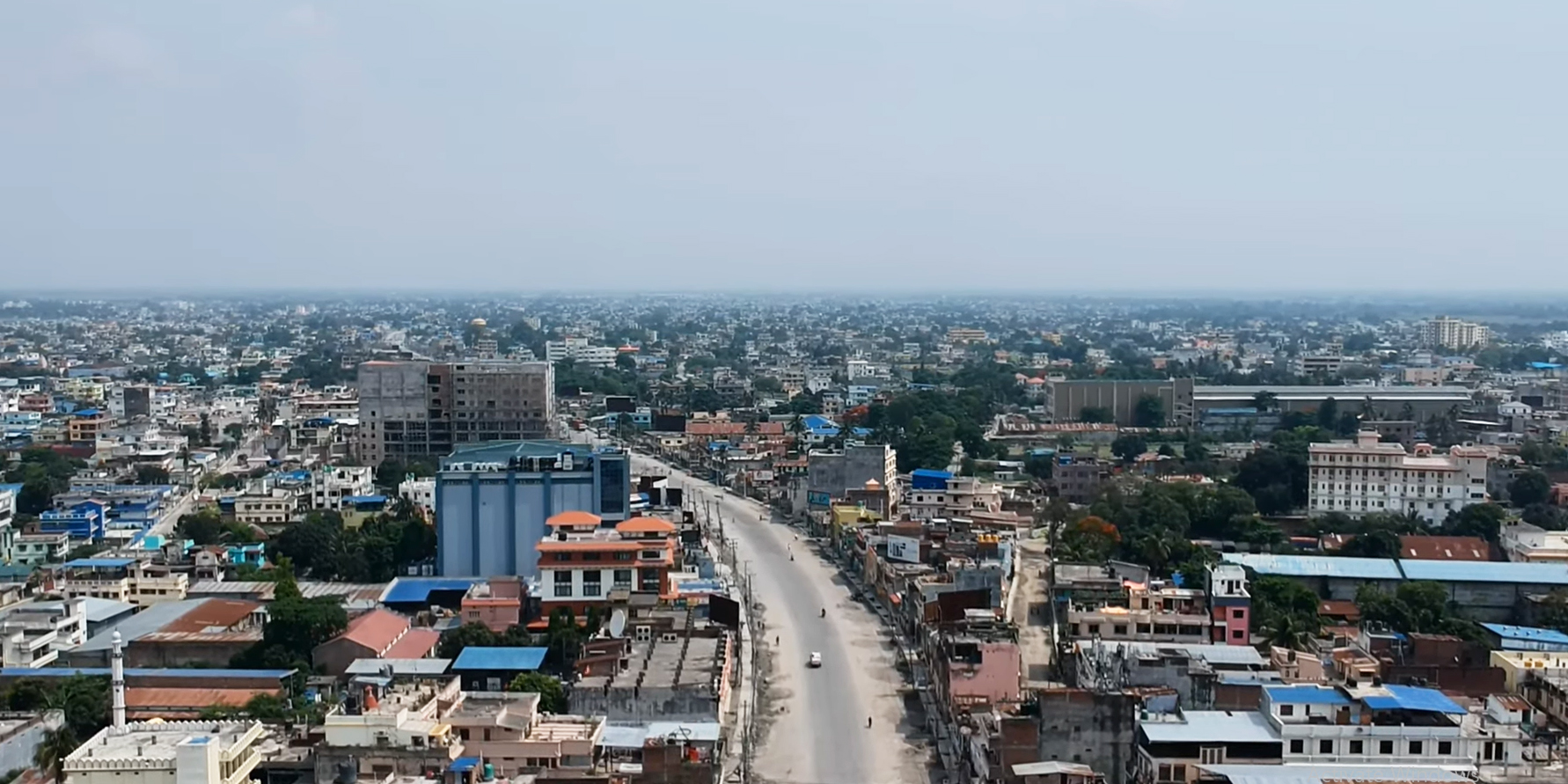
ITAHARI: Biratnagar, also known as an industrial hub, is experiencing an influx of people migrating from different hilly districts. It is the sole metropolitan city in the Koshi Province and one of the oldest cities in the country.
Although the city has seen development in terms of industrial growth and infrastructure, Biratnagar has not fully realized its potential as an industrial city, nor has it seen proper urbanization.
The prevailing notion of development, which emphasizes the establishment of industries, production, and their integration with the city, remains incomplete in Biratnagar. Experts argue that there is still confusion among Nepalis regarding the definition of development.
The citizens are perplexed when the government defines development solely as the construction of roads, bridges, and concrete structures, said Associate Professor Dr Chandra Upadhyaya – the chief of the Department of Sociology of Mahendra Morang Campus. “The current definition of development is flawed. Development must encompass multiple dimensions beyond mere infrastructure,” he added.
According to Upadhyay, it is crucial to focus on the productivity of local industries and the employment opportunities they generate. He also highlighted the need for environmentally sustainable development and effective management. “So far, the development in Biratnagar has mainly revolved around improving infrastructure, neglecting these critical aspects,” he added.
While industrialization and urbanization can progress hand in hand, Biratnagar lacks proper planning for organized settlements and, as a result, has failed to establish itself as a thriving industrial zone. Upadhyay criticized the existing policies, pointing out flaws in the requirements for industrialization.
“A vibrant city is not defined by the mere presence of grand buildings,” he remarked. “The people in Biratnagar are reportedly facing financial crises, and the anticipated revenue growth has not materialized. Consequently, there is a need to rectify policy errors and clarify the government’s stance on the matter.”
Lack of long-term vision
Despite being a relatively old city, Biratnagar has not witnessed the same level of development as other cities in the country, according to Upadhyaya. “While development seems to have taken place in other cities, Biratnagar has fallen short of expectations. Insufficient physical infrastructure has hindered the city’s progress,” he added.
The concept of a ‘Smart City’ has emerged recently. But Upadhyaya argued that there has been a lack of investment in the very areas that generate income in Biratnagar. He emphasized the need for proper state investment to connect the development, production, and employment aspects of the industrial sector.
Furthermore, the issue of human development has gained prominence, necessitating a serious commitment from the state to build a society free from violence, according to Upadhyaya. He called upon the political system to prioritize these concerns, especially in light of the release of the recent Human Development Report.
The lack of long-term thinking and a systematic settlement plan have hindered the further development of Biratnagar as an industrial city. “We need to consider how the city will evolve over the next 50 years. We need thorough research and a master plan for a balanced development of Biratnagar. “The support of the people is crucial for societal development. No progress can be achieved without people’s support,” he added.
Upadhyaya’s analysis reveals a decline in public trust in the government, as those entrusted with state power have become entangled in corruption.
Ignored by political leadership
Nabin Rijal, chairman of the Chamber of Industries Morang, said the development of Biratnagar has not unfolded as it should have been, despite discussions about transforming it into an industrial city.
“The development of Biratnagar did not follow the expected trajectory,” he remarks. “The city couldn’t expand due to lack of budget by the state. The inner city has become congested and disorganized.”
Rijal identifies the lack of proper sewage and sanitation system as the main problem in Biratnagar. He emphasized the urgent need for improved water drainage systems, sanitation facilities, and the management of cluttered electrical and cable wires throughout the city.
“The people of Biratnagar aspire to a ‘Digital Biratnagar’ where they can conveniently conduct various tasks digitally from home or any location,” he said, adding: “Despite giving birth to great leaders, Biratnagar has not experienced significant development.”
While Biratnagar is renowned as an industrial city, Rijal pointed out that the government has failed to establish industrial villages that could provide employment opportunities for the general population. “When industrialists and businessmen from the area pay taxes to the state, the government should reciprocate by providing something in return to the local community,” he added.
Rudra Narayan Mishra, an engineer with the Urban Development and Building Division Office in Biratnagar, said it is becoming difficult to manage settlements expanding rapidly. “We try to manage things after settlements are expanded. It is high time we separated industrial and residential areas for proper management,” he added.
“Each industry has its own set of standards. Based on the type of industry, appropriate standards need to be considered, and separate areas should be allocated for industrial purposes.”
Rising population
Biratnagar, as the capital of the Koshi Province, requires coordination between the provincial government and local authorities to connect the area with production. The proximity to Jogbani, an Indian border town, makes it easier to market products and services in Biratnagar.
According to the 2021 census, Biratnagar has a population of 244,750, up from 214,663 a decade ago. Various factors, such as the lack of essential healthcare facilities, quality schools and colleges, and limited employment opportunities in hilly districts are forcing people to migrate to Biratnagar.



